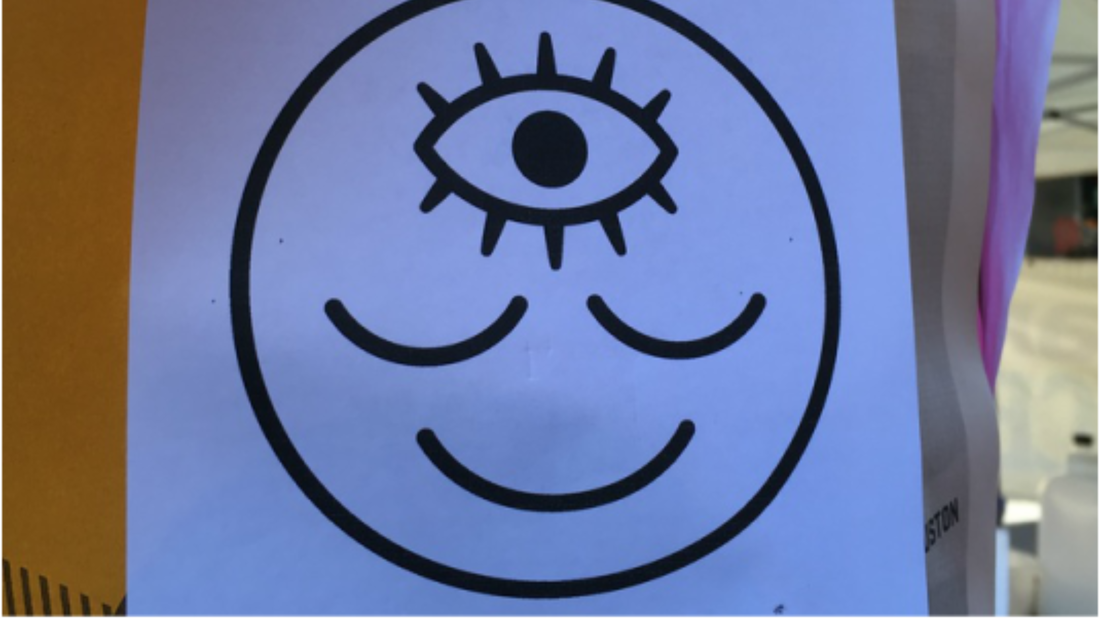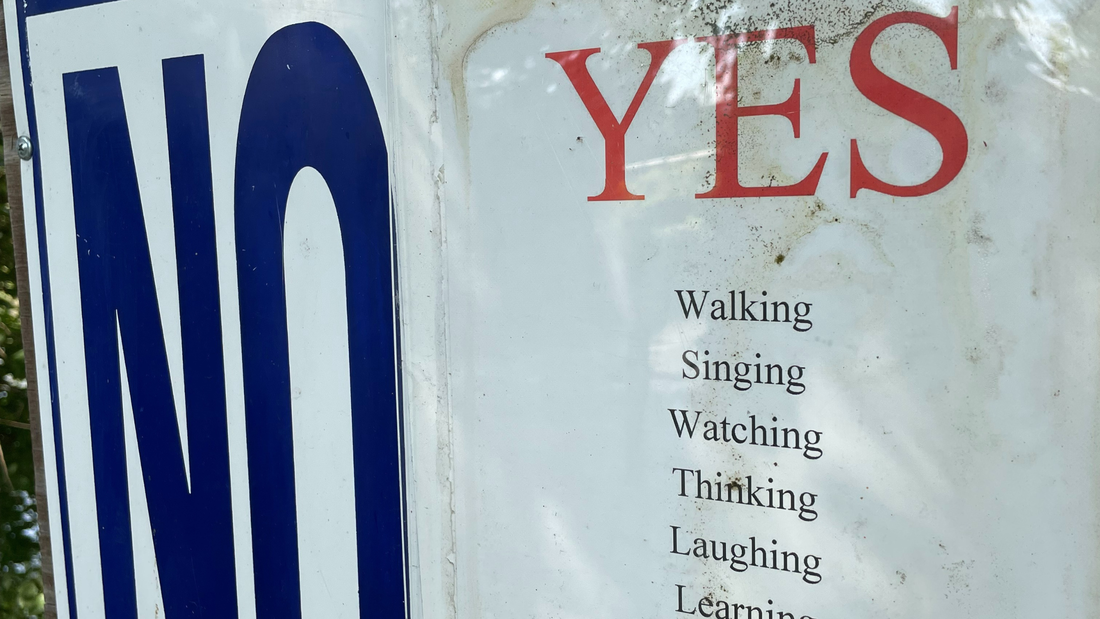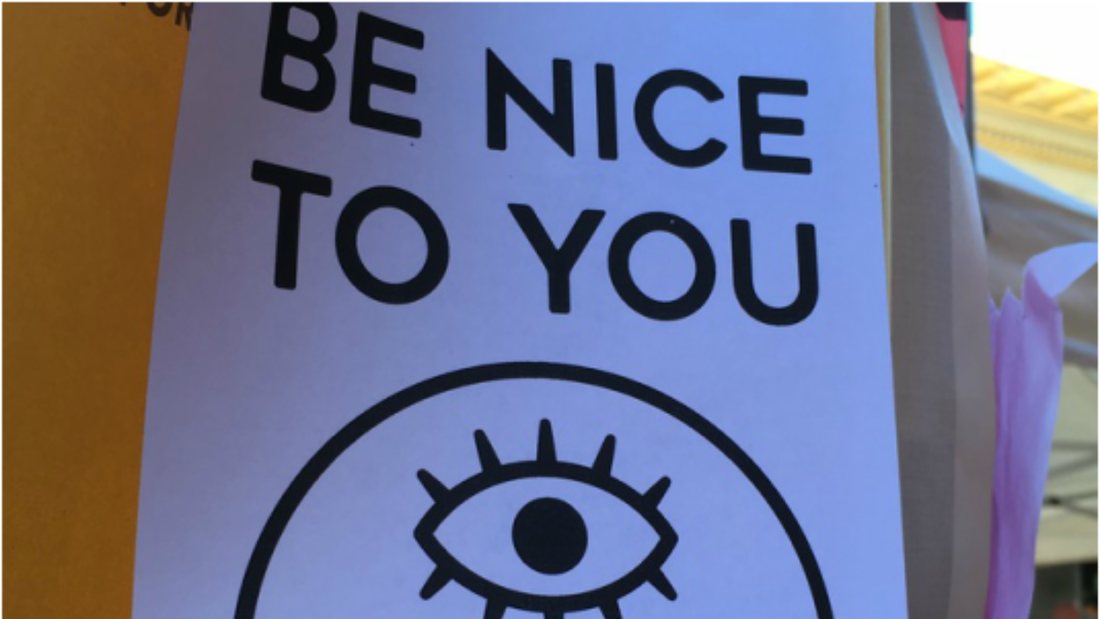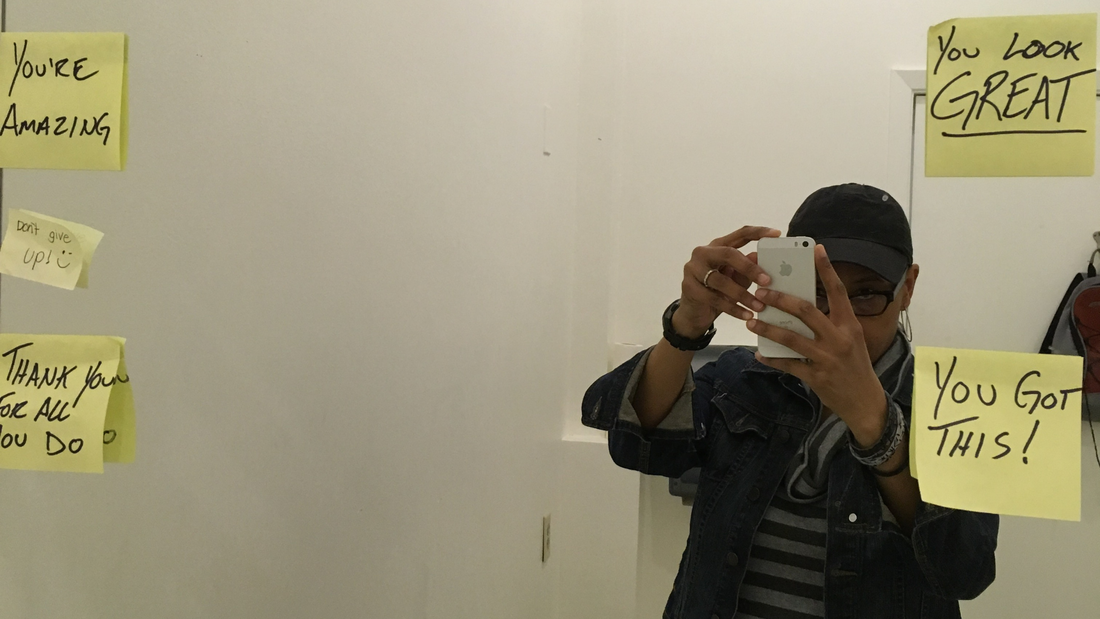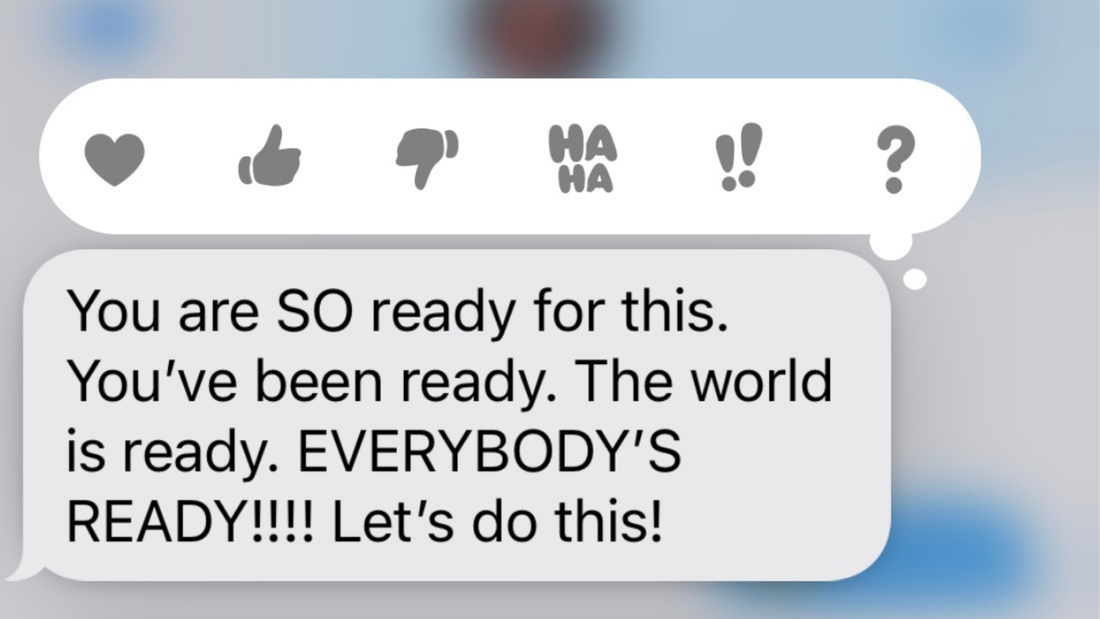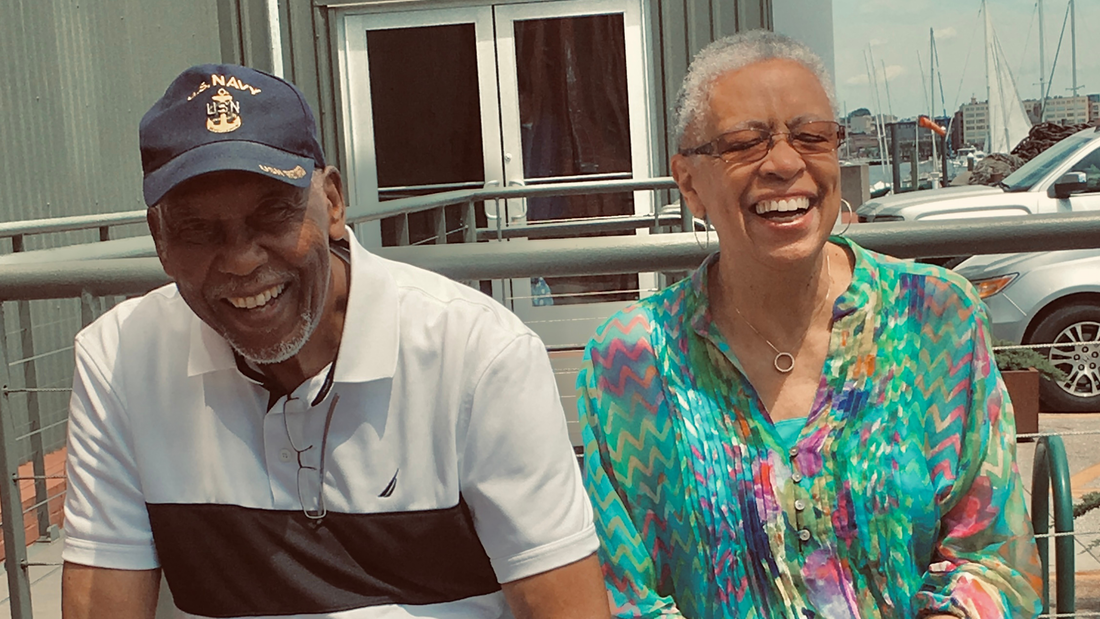“A quiet place is the think tank of the soul.” —Gordon Hempton and John Grossman It’s the Monday after a conference, and I think you know what feeling I’m having.
I’ve got a pile of notes from the sessions, thoughts about how they connect with my work, and ideas about presentations I might organize for next year’s conference. To say nothing of all the cards I collected from people I genuinely enjoyed talking with, and want to stay connected to. “The scientist is not the one who gives the right answers, he’s the one who asks the right questions.” - Claude Levi Strauss Why they out here? I think to myself. It’s 25 degrees and I had to use all my tricks to get myself to go for a run. All I wanna do is get home and jump in a hot shower. But there’s a sea of people walking toward Bears stadium, and now I’m running against the tide. I can’t understand why they want to sit for hours on a cold plastic seat. Why they will shiver while other people run around without appropriate outerwear and toss a rocket shaped piece of leather back and forth. Fools, I think, as I dodge through the crowd toward home.
“I alone cannot change the world, but I can cast a stone across the waters to create many ripples.” Mother Teresa At the beginning of a group coaching session, I’ll often ask the scholars I’m working with to take a single, shared breath. Folks are sometimes running from one meeting and skidding into our coaching call, the decisions and to-dos from that previous meeting clinging to them like invisible vines. We take that breath together so we can settle down. Let go of what came before. And focus on supporting each other through challenging times.
In November, we often need two breaths. Cause we’ve all put a bunch of things off until later in the semester, and “later” has become “now.” So even though we’ve got no juice, we all have to keep going anyway. "A word after a word after a word is power." -Margaret Atwood The first MRI was run by two dudes, let’s call them Frick and Frack. They were friendly enough, told me it wouldn’t take too long. And I’d never had trouble with small spaces before. Ten seconds into the tube though, I said, “Um, I think I’m having trouble in here.” I’d spoken with deliberate calm, but when they pulled me out, they said the scan was off. “If you have trouble the first time,” said Frick, “You’re gonna have trouble the next time too,” finished Frack. “Ask the doc to give you some meds to make it easier,” he suggested, as he walked me back to the locker room.
“They pulled out their pocket computer, as was their habit first thing, dimly aware of the hope that always spurred them to do so–that there might be something good there, something exciting or nourishing, something that would replace the weariness.” ―Becky Chambers A Psalm for the Wild Built I could tell she didn’t want to bring it up. The issue seemed so minor. It wasn’t exactly about writing. And she seemed to feel she should have a handle on it already.
But once she said it out loud, I saw everyone else’s eyes light up. Their heads were nodding. And the comments in the chat confirmed it: Emma kept getting derailed by her email. Along with you, me, and everybody else in the world. “I love deadlines. I love the whooshing noise they make as they go by.” ― Douglas Adams Just last month we were at the Midsummer Stretch. And now? Unless you’re one of the lucky ones on the Quarter system, we’re in what one Composed alum calls “Preschool.” By which she means, classes haven’t started yet. But boy, are they looming.
“Now that I knew fear, I also knew it was not permanent. As powerful as it was, its grip on me would loosen. It would pass.” ― Louise Erdrich I once gave a conference paper to a discussant just 45 minutes before the panel began. I was in grad school at the time, but didn’t yet realize that my co-panelists were colleagues I needed to court, not teachers I needed to please.
The discussant in question was Dr. Dianne Pinderhughes. For those of you who aren’t political scientists wincing in sympathetic horror right now, I’ll just say that she’s one of the biggest names in the discipline (and my subfield), a black woman who was toughing it out at the University of Chicago when I was just 7 years old. “Whatever artistry may occur within the manuscript; the magic happens for me in the last draft. Whatever I have been resistant to say must finally be said. In the end, I see where my pencil has been leading me." - Terry Tempest Williams So, last month we talked about how to finish a writing project. As usual, I said very little about the writing itself. There were no hacks to help you find more time. No templates to help you sketch out your work schedule. Instead, it was all, “Feel this. Reflect on that. Come to understand the other.” If you’ve been getting InkWell’s loveletters for a while, you know there’s nothing surprising about that. It’s All Feelings, All The Time around here. What may have been surprising though, was:
“Step 3. Decide to really finish the book.” No more detail than that. But what does that mean, exactly? I got an email from my editor in mid January saying, “Do you think you could finish the book by the end of April? That would give us an optimal publication date in the early fall.” Once I started breathing again, I wondered, can I finish the book by then? Then remembered, of course I can. The real question is, can I finish the book by then without burning out?
After a good long think, I decided the answer to that last question is also YES. And I thought, instead of going through it alone, I'd share what I'm experiencing with all of you. So, if you're also trying to finish something without burning your life to the ground, here are a few ideas about how to go about it. At first I thought it was a mistake.
Why was AARP sending me literature? Did they get me confused with my mom? We don’t have the same first name, but still—I couldn’t think of any other explanation. Weird, I thought, as I tossed it in the recycling bin. I’m not that old. |
|
© 2018 InkWell Academic Writing Retreats
|





